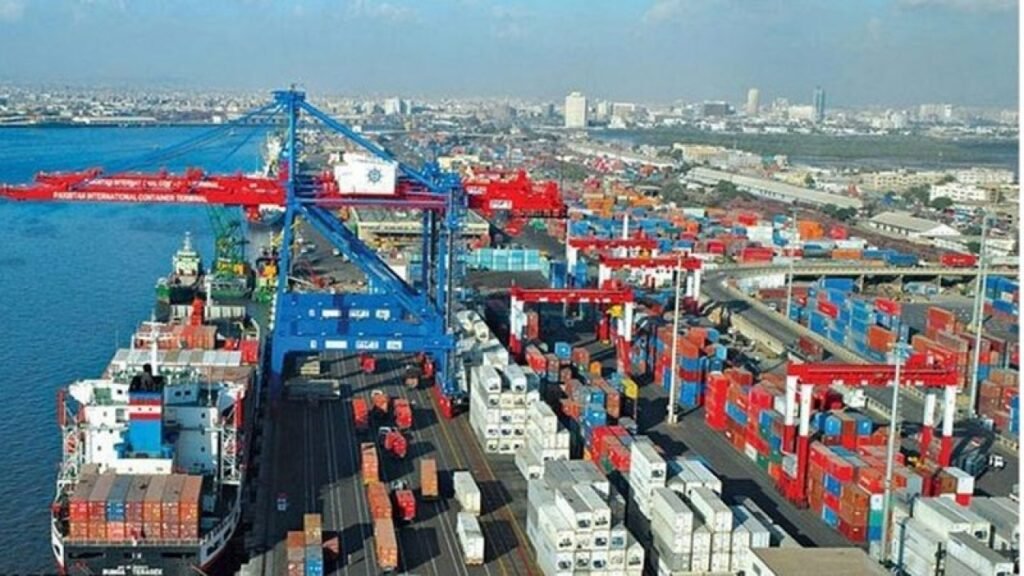ISLAMABAD: Pakistan’s trade deficit showed a notable improvement in the fiscal year 2024, declining by 12.3% to $24.09 billion from $27.47 billion in FY23, according to data released by the Pakistan Bureau of Statistics (PBS) on Tuesday.
From July 2023 to June 2024, Pakistan’s total exports saw a healthy increase of 10.54%, reaching $30.645 billion, driven by various sectors including textiles, agriculture, and manufacturing. In contrast, imports contracted slightly by 0.84%, totaling $54.73 billion, indicating efforts to manage import expenditure.
June 2024 witnessed exports rising by 7.3% to $2.529 billion compared to $2.356 billion in the same period the previous year, marking the tenth consecutive month of export growth. However, imports surged by 17.43% to $4.92 billion in June 2024, leading to a widened trade deficit by 15.13% to $2.39 billion compared to May.
Economists attribute the overall decline in the trade deficit to subdued economic growth and effective import management measures amid global uncertainties and fluctuating commodity prices. The persistent trade deficit has also put pressure on the Pakistani rupee, affecting foreign exchange reserves.
Despite the reduction in the trade deficit, Pakistan’s current account deficit (CAD) remains a concern, totaling $464 million from July 2023 to May 2024, significantly down from $3.76 billion in the same period the previous year. However, in May 2024, CAD swung to a deficit of $270 million, highlighting ongoing economic challenges.
High interest rates have also impacted Pakistani exports, limiting access to finance for businesses, while banks have favored government investments over private sector lending. This financial dynamic has influenced Pakistan’s trade dynamics, especially with major trading partners like China and the US.
The recent disruptions in global maritime routes, notably in the Red Sea, have further compounded Pakistan’s trade challenges. With a heavy reliance on sea routes for over 90% of its trade, Pakistan faces significant logistical hurdles that impact its export competitiveness and supply chain reliability.
The Economic Survey highlights that despite challenges, Pakistan remains interconnected with key global markets, with significant trade flows to and from the US, EU, and UK. However, disruptions in supply chains and increased freight costs threaten Pakistan’s export sectors, including textiles, rice, and perishable goods.
Looking ahead, Pakistan aims to strengthen its export capacity and manage import costs effectively to sustain economic stability and reduce reliance on external financing. Efforts to diversify export markets and enhance trade infrastructure will be critical in navigating global economic uncertainties and fostering sustainable growth.


